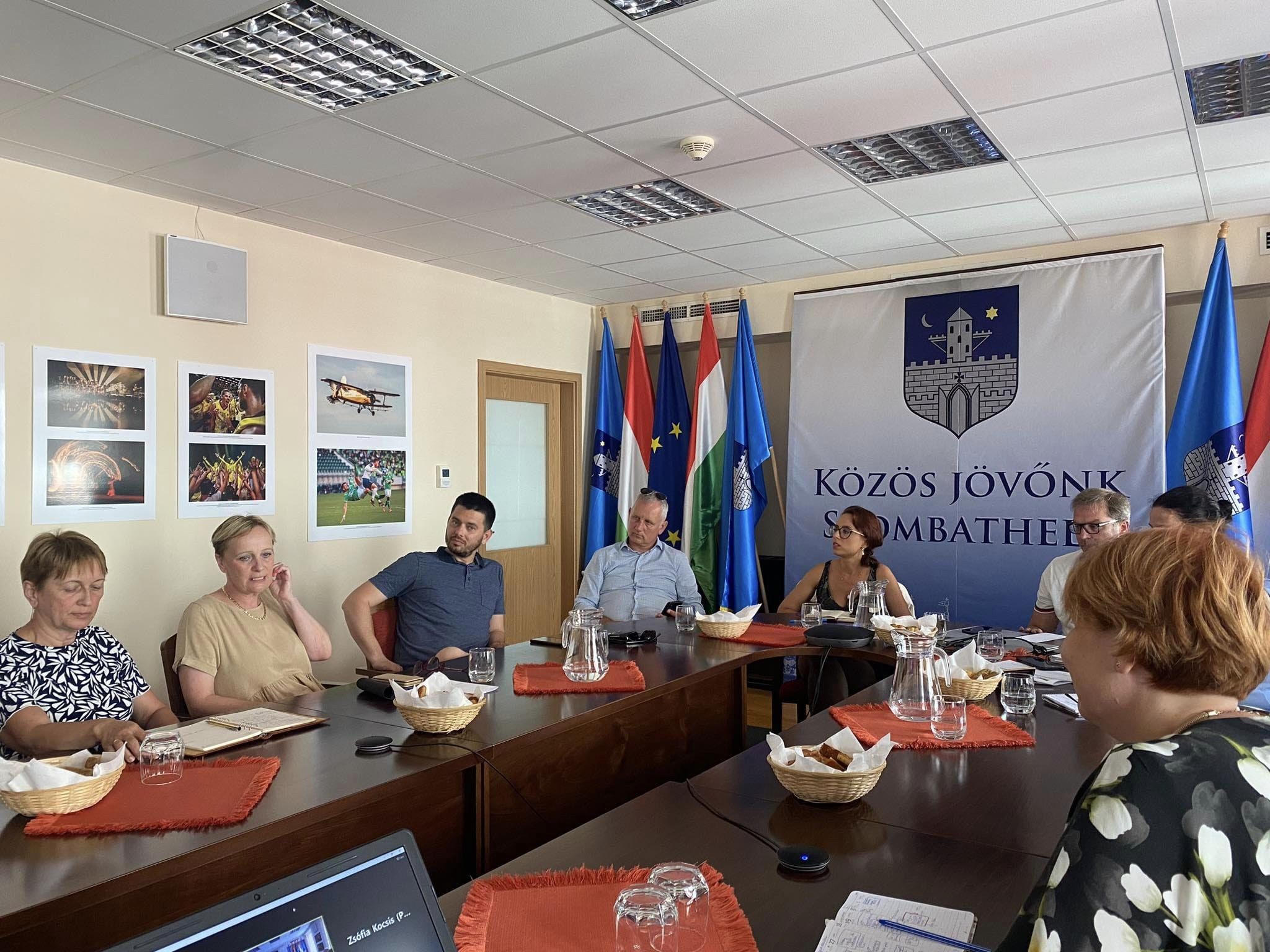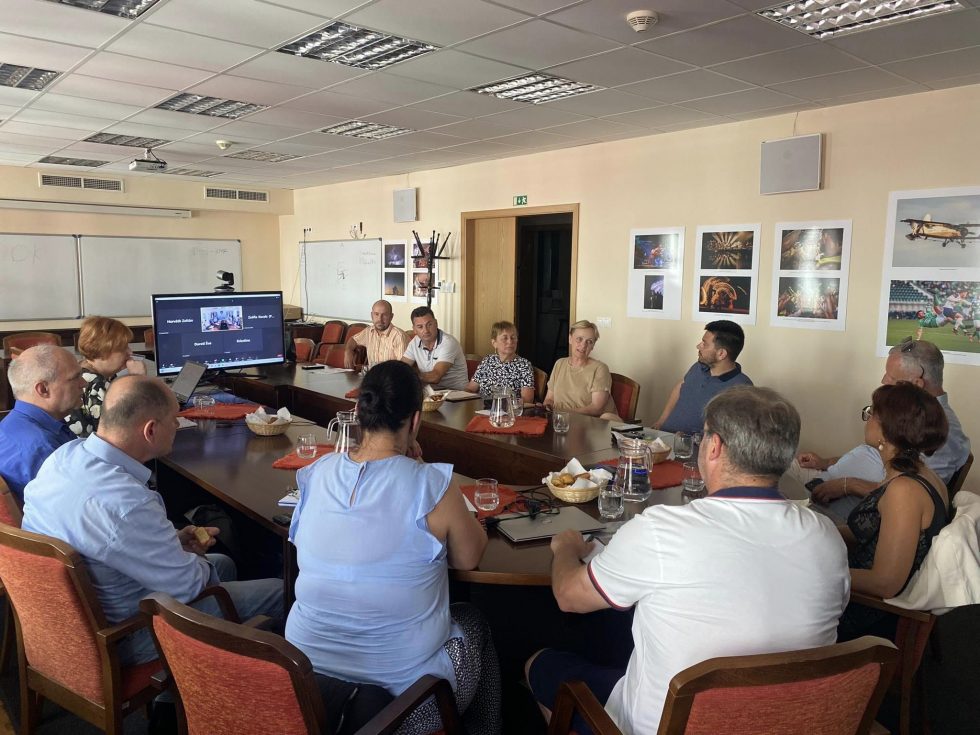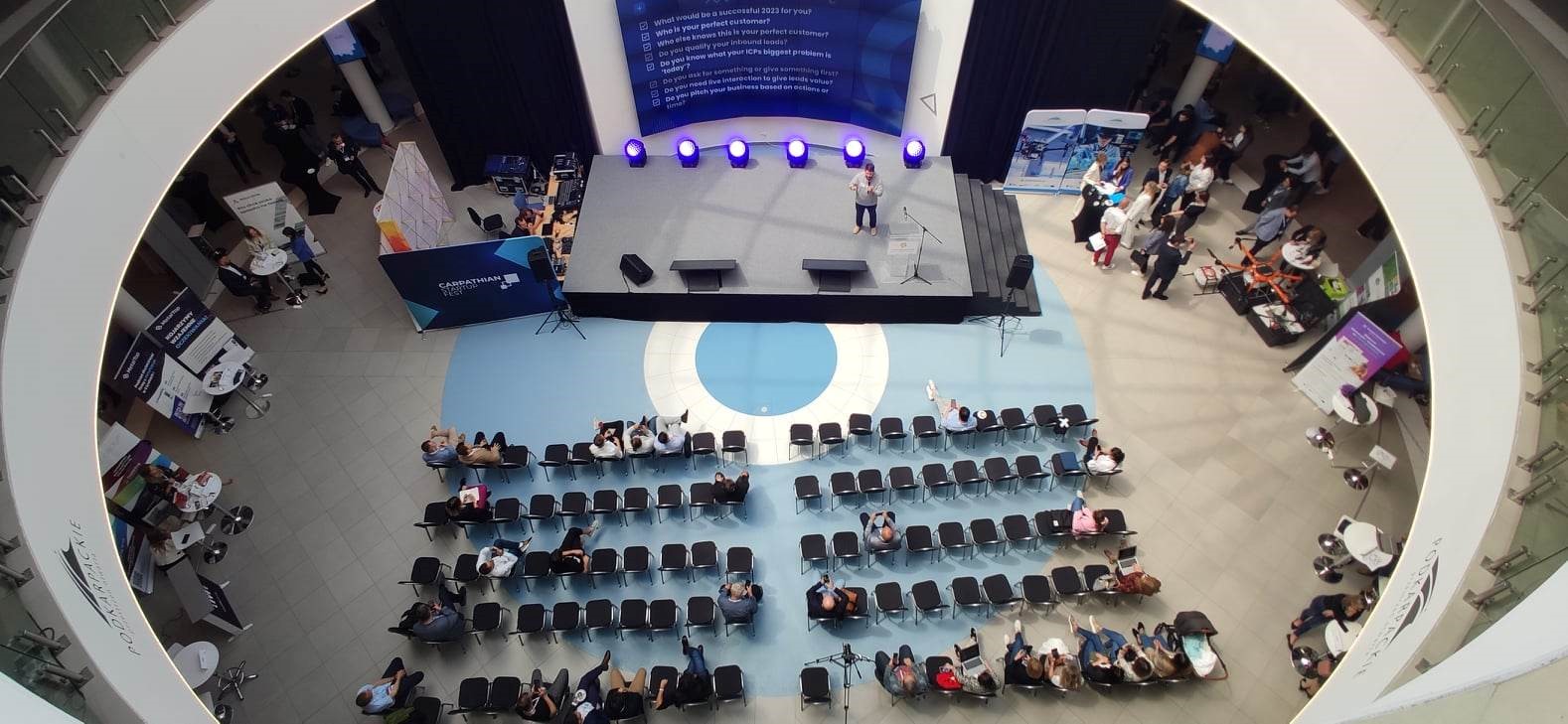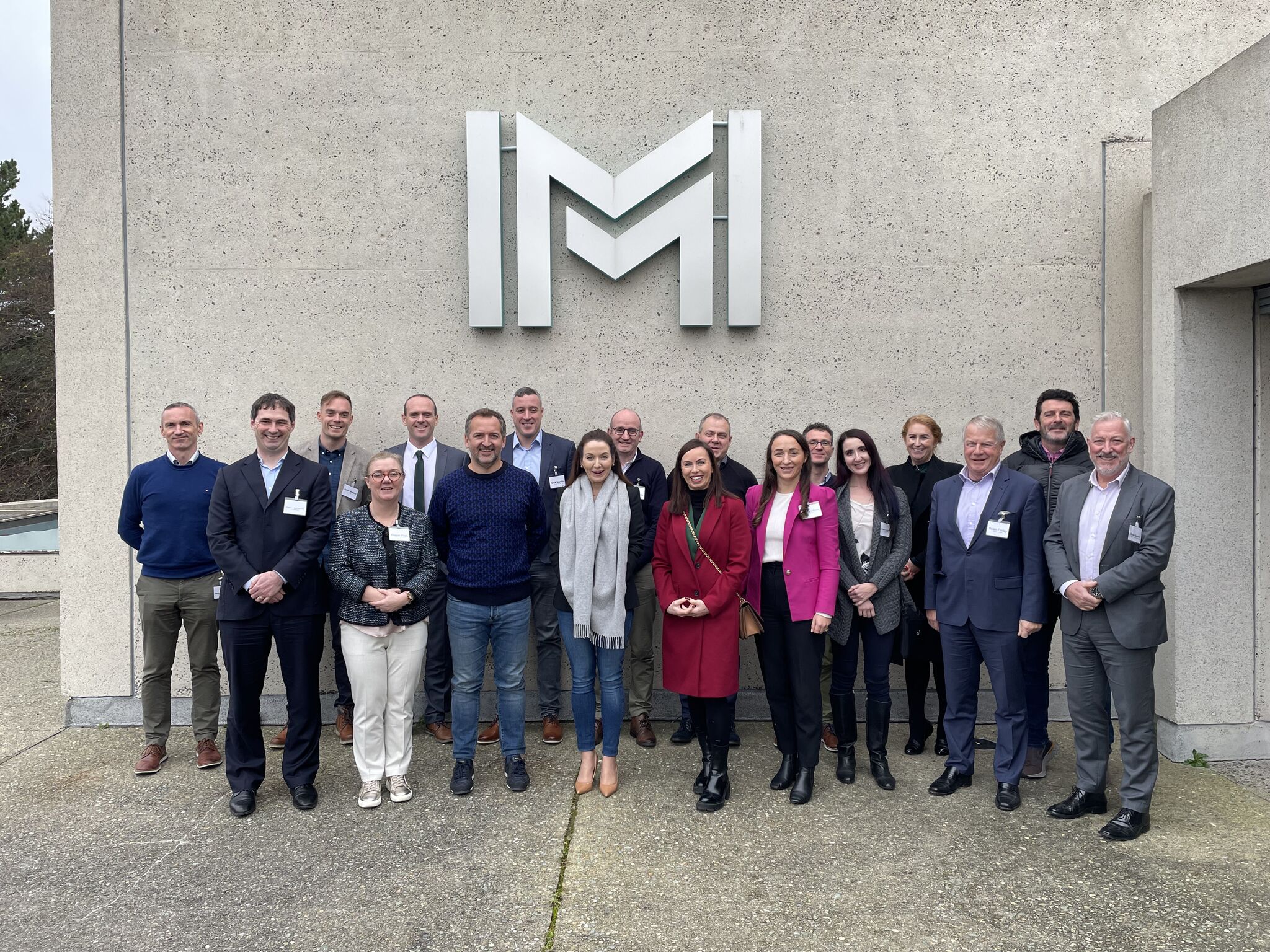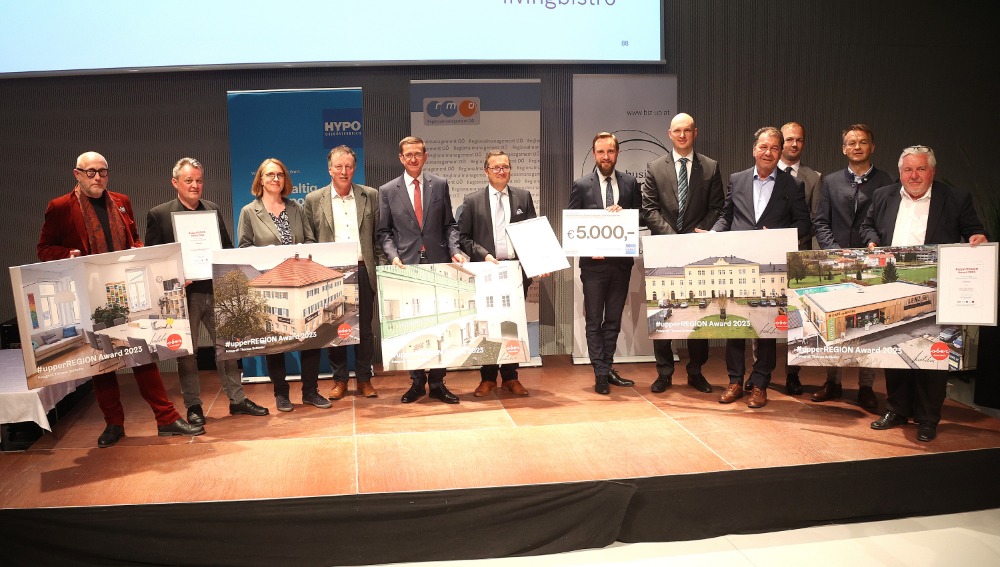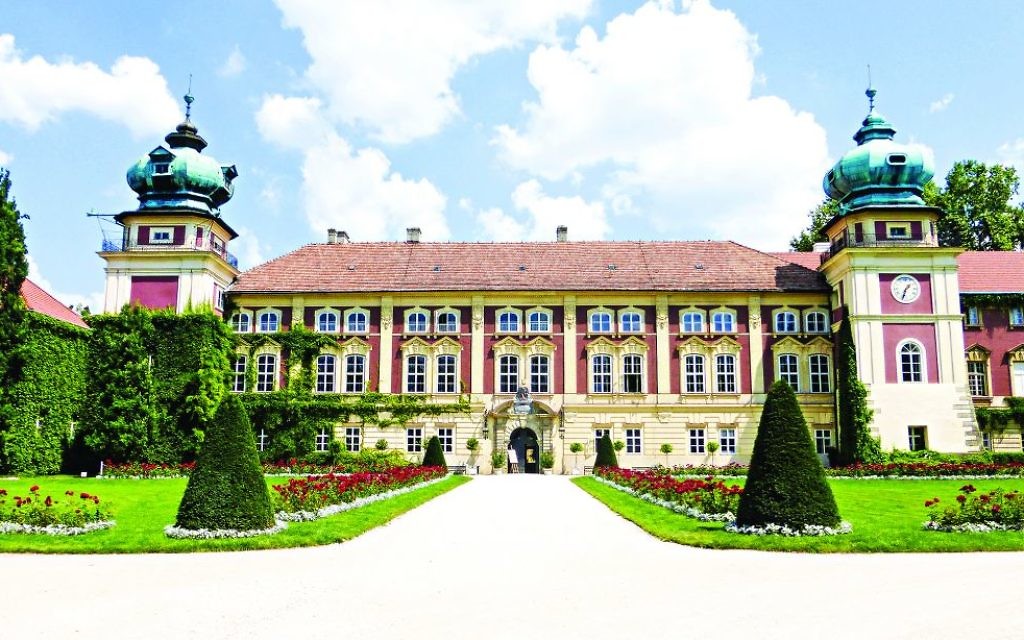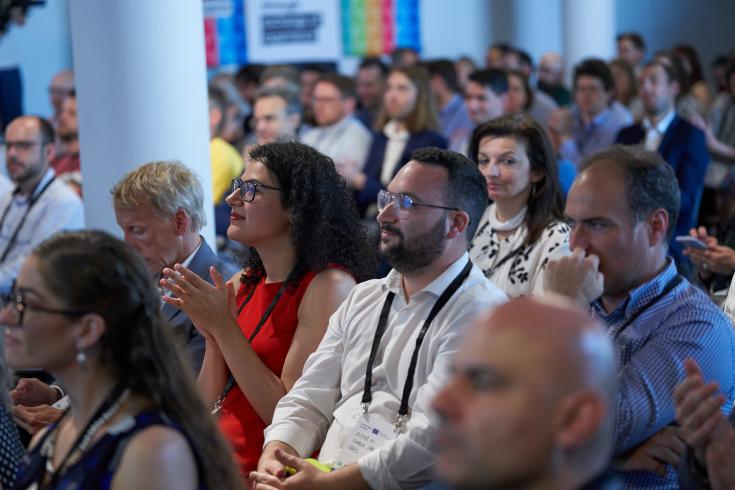A regional study conducted by the Municipality of Reggio Emilia shows that the Province of Reggio Emilia is at the center of the Italian production system and is one of the main economic engines in Europe with its about 50,000 companies, an unemployment rate of 4.2% compared to the Italian total unemployment rate (10.6%), and an export propensity rate of 60%.
The economic-production system in the territory of Reggio Emilia is mainly characterized by a wide variety of industry sectors, representing an element of resilience as it prevents the complete breakdown of the entire territorial economy in the event of economic crises, structural shocks, and/or company closures. Furthermore, the city presents a solid entrepreneurial culture, a high level of specialization, a large subcontracting network, and four distinctive competencies that make the area particularly attractive (agriculture and food, mechatronics, green economy, and education). It was observed that the Reggio Emilia economic context is mainly composed of SMEs, which are usually considered to be the backbone of the European economy, providing a potential source for jobs and economic growth. 
Map of Provinces in Emilia-Romagna Region
Reggio Emilia is commonly defined as a city of innovators by tradition. It is an industrious and inventive community with a natural predisposition for international relations and dialogue, being always ready to confront new markets and open to change and innovation.
The Municipality of Reggio Emilia believes that collaboration has the power to boost innovation in the local economic environment and the workplace because each individual is a carrier of a unique set of knowledge and skills. Therefore, it works closely with research centers, training institutions, business associations, local institutional players, private actors, and enterprises relying on the competencies and skills of all territorial stakeholders to maximize impacts and results.
The key players of Reggio Emilia are deeply interconnected, and they constantly collaborate to support structural change and long-term economic renewal. Some of the main actors of Reggio Emilia’s territory, that offer support to enterprises in case of economic crisis or to prevent a crisis, are the Chamber of Commerce, CIS, CNA, Fondazione REI, Fondazione Reggio Children, IFOA, Impact Hub, Legacoop Emilia Ovest, Municipality of Reggio Emilia, Unindustria, and University of Modena and Reggio Emilia. 
Ecosystem of Reggio Emilia’s Territory
An example of the effectiveness of Reggio Emilia’s territorial ecosystem is represented by the industrial reconversion projects of the Nuova Sapi company and Nannini company, during the first months of the Covid-19 pandemic. These factories reconverted their production to design and assemble personal safety protection devices (SPD), necessary to support the emergence. The key success factor of the realization of these projects was the collaboration between companies, local and regional administrations, the healthcare system, technopoles, trade associations, and key-actors. 
Unindustria Reggio Emilia, the referential association for the reconversion projects
Anticipating innovations represents a crucial element in building the resilience of Reggio Emilia’s territory, especially through quadruple-helix collaborations. As a matter of fact, the Municipality of Reggio Emilia with the support of the whole territory is developing a solid and resilient ecosystem based on three main pillars:
1. Reggiane Innovation Park as systemic innovation: it is a model of a new smart and sustainable development, able to attract knowledge, research, and innovation but also talents, experiences, and relationships.
2. Education value chain as people-centered innovation: the city constantly develops relations with schools, ITS, Universities to build and enhance a culture of innovation by creating activities and projects to showcase real innovation practices, and to collaborate in education and training activities.
3. Dialogue between start-ups and traditional companies as corporate innovation: the collaboration between start-ups and traditional businesses allows to create induced work, access talent that cannot be absorbed and/or intercepted by traditional companies, reduce costs, and speed up time-scales.
4. Dissemination of innovation as widespread innovation: in such a fragmented economic context, the SMEs might not be directly interconnected with the innovation key-players. By organizing workshops and creating opportunities for discussion, the city seeks to bring these two realities closer to each other so that the innovation adoption process is accelerated.
Cooperation is inextricably linked to Reggio Emilia’s territory and amplifying resilience through people-centered innovation means unlocking the knowledge and expertise of citizens and stakeholders at all levels.
If you want to read Reggio Emilia's Analysis, go to https://www.interregeurope.eu/foundation/library/


